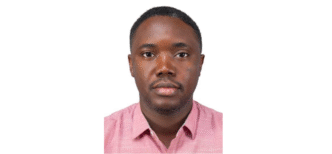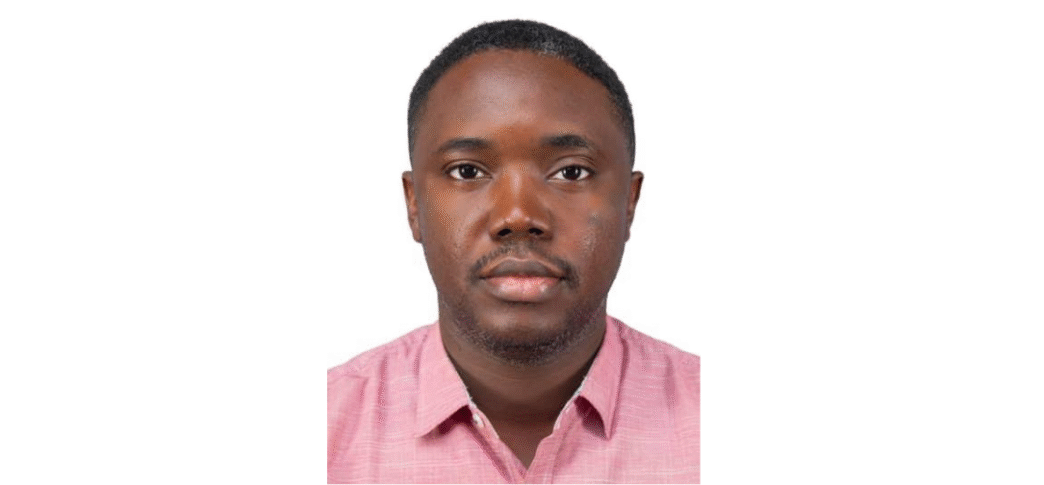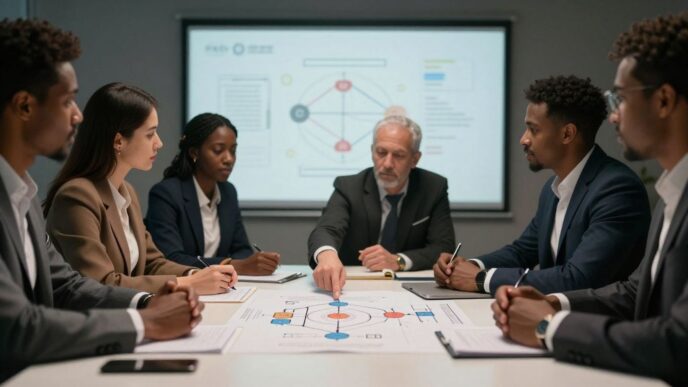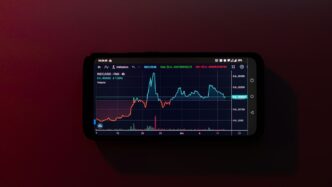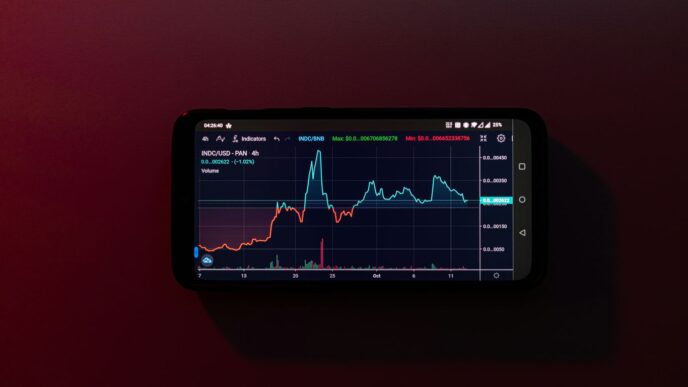In the unforgiving world of offshore oil and gas exploration, every decision matters. A wrong calculation can cost millions. A delayed response can risk lives. A single overlooked detail can derail months of planning. It is in this environment of constant pressure that Obinna Joshua Ochulor has carved out a reputation as one of the most trusted names in drilling supervision. With over 15 years of experience spanning Africa, Europe, and the Middle East, he is more than a Senior Drilling Supervisor—he is a leader, a technologist, and a strategist who believes the future of drilling lies in the perfect marriage between human expertise and machine intelligence.
“Every well is a story,” Ochulor says, leaning into his words with quiet certainty. “It’s not just steel and mud and pressure—it’s about decisions made in seconds, technologies that keep us safe, and teams that have to function like clockwork in the harshest environments.”
His story begins in Owerri, Nigeria, where he studied Mechanical Engineering at the Federal University of Technology. Like many of his generation, he was inspired by the promise of Nigeria’s energy sector. But unlike many, he was determined to move beyond the classroom. “The rig is the real classroom,” he says with a laugh. “Every hour onboard tests what you think you know, and every challenge teaches you something new.” That determination led him to Aberdeen, Scotland, where he earned a Master’s degree in Drilling and Well Engineering from Robert Gordon University. The academic discipline, combined with specialized training at Seadrill and Transocean centers, gave him both the theoretical depth and practical sharpness required to thrive in an industry where the stakes are sky-high.
Ochulor’s career reads like a timeline of the most advanced rigs and drilling campaigns of the past two decades. From sixth and seventh-generation ultra-deepwater drillships equipped with NOV and AKER systems to projects deploying Weatherford’s Managed Pressure Drilling, he has operated at the cutting edge. He recalls his time aboard Seadrill’s West Jupiter drillship in Nigeria’s Egina field as transformative. “That was where I realized the future of drilling lies in how well we merge human intuition with machine intelligence,” he explains. “Automation isn’t a replacement for people—it’s an amplifier. The best results happen when human judgment and digital precision work hand in hand.”
His ability to articulate that balance has not only made him a trusted supervisor on rigs but also a respected researcher. In 2024, Ochulor co-authored a series of papers that caught the industry’s attention. Titles like Optimizing Maintenance Logistics on Offshore Platforms with AI and Technological Advancements in Drilling: A Comparative Analysis of Onshore and Offshore Applications reveal a professional who sees beyond the day-to-day grind of operations. For him, writing is a way of codifying experience into knowledge others can build on. “Technology is the lifeline of offshore energy,” he insists. “If we fail to innovate, we fail to survive.”
That urgency is reflected in the industry’s own numbers. According to market forecasts, global offshore drilling expenditure is expected to top $70 billion annually by 2028, with West Africa identified as one of the fastest-growing regions. At the same time, AI-driven predictive systems are projected to cut offshore downtime by up to 20 percent, saving operators billions in lost revenue. These trends are exactly where Ochulor has staked his ground—bridging the gap between theory and practice, between the academic journal and the rig floor.
His colleagues describe him as unshakable under pressure. On rigs in Nigeria, Côte d’Ivoire, Spain, Egypt, and the UAE, he has been the voice of calm in the middle of complex casing runs and BOP tests. Younger engineers speak of him as both a mentor and a guardian. “My job is to make sure every decision keeps the well, the team, and the environment safe,” he says, “but also to ask, how can we do it faster, smarter, and more cost-effectively?” That mindset—anchored in safety but hungry for efficiency—has helped him cut non-productive time and implement best practices across campaigns.
Yet for all his international exposure, he has never lost sight of the national importance of his work. Drilling campaigns for NNPC-Enserve, Conoil, and Nigdel/Portico/Pillar Oil have not only advanced corporate goals but also bolstered Nigeria’s broader energy security. “Every time we spud a well in Nigeria, I know we’re not just drilling—we’re fueling a nation’s growth,” he reflects. His words echo larger debates across Africa: how to maximize resource wealth responsibly while preparing for a future increasingly shaped by renewables.
Ochulor’s dual role as practitioner and thinker gives him credibility on both sides of the industry’s divide—the rig and the boardroom, the classroom and the conference hall. His consultancy roles with Levene Energy and SHE-VAL Engineering Services reflect this new phase of leadership: transferring knowledge, guiding strategy, and mentoring the next generation of drilling professionals. In an industry grappling with digital transformation, decarbonization, and investor skepticism, professionals like Ochulor are invaluable.
Even off duty, his life mirrors his work. Chess and scrabble keep his mind sharp. Swimming and travel offer perspective and balance. He talks about these hobbies not as escapes but as extensions of the mindset required to thrive in high-pressure environments. Strategic foresight. Tactical discipline. Resilience in the face of uncertainty.
“Drilling is evolving,” he concludes. “And so must we. Technology doesn’t replace experience—it amplifies it. The rigs of tomorrow will demand both.” It is a philosophy forged in the crucible of deepwater drilling and sharpened by global experience. And it is one that offers a roadmap for an industry searching for its future.
At TechAnnouncer, we celebrate professionals like Obinna Joshua Ochulor because they remind us that innovation is not abstract. It is people—people who look at a drillship and see not just steel and machinery, but a platform for human ingenuity. His story is about more than wells drilled or papers published. It is about how a Nigerian engineer, trained in Scotland, tested across continents, and published in respected journals, is helping shape the next chapter of offshore energy. For a global audience navigating uncertain waters, voices like his are not just relevant—they are essential.

